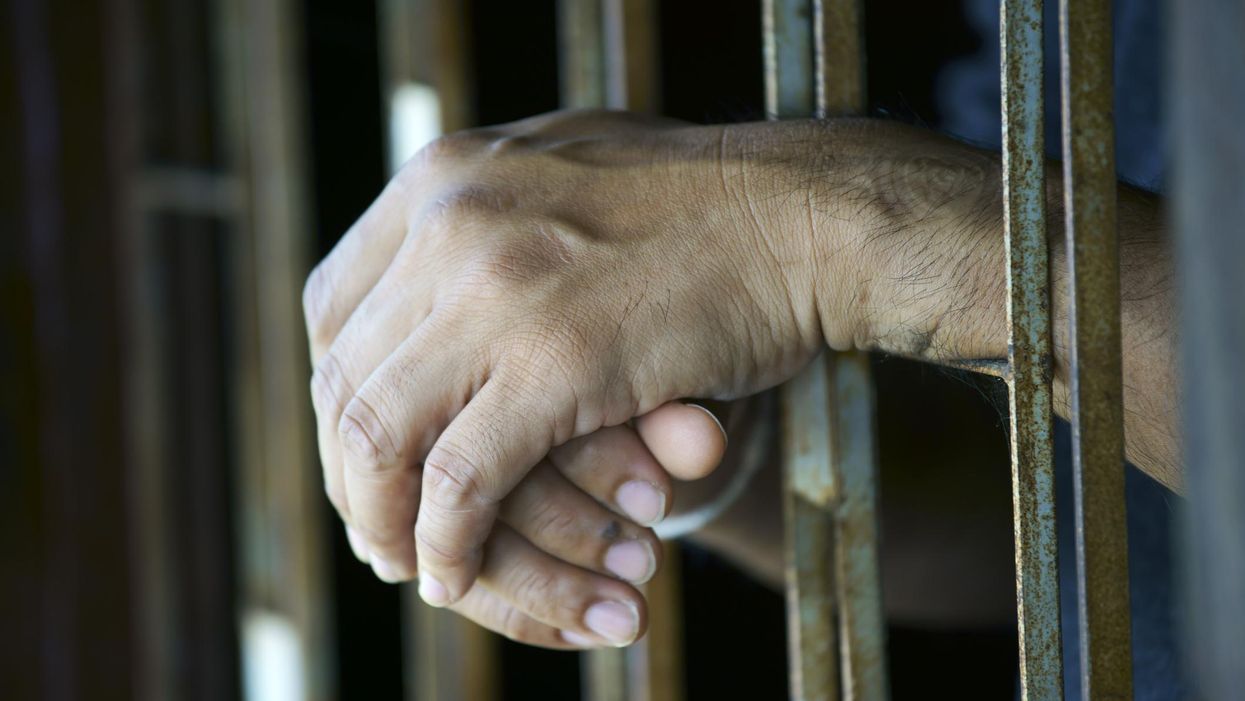
sakhorn38 via Getty Images

The Supreme Court ruled Thursday that Texas must allow a death row inmate to have a pastor "pray over" him and lay hands on him as he receives a lethal injection for his crimes.
The court's 8-1 decision held that Texas' objections to the request, citing potential disruption to the execution process, were insufficient to overcome the religious liberties the inmate claimed under the 2000 Religious Land Use and Institutionalized Persons Act.
In September, the Supreme Court granted a stay request made by Texas inmate John Ramirez, who was sentenced to death for the 2004 murder of a 46-year-old Corpus Christi convenience store clerk, Pablo Castro.
Lower courts had held that permitting Ramirez's pastor to stand near the inmate and pray silently during the execution was sufficient to accommodate Ramirez's request. But the Supreme Court ruled in favor of a broader interpretation of the government's duty to meet the religious requests of convicts.
“There is a rich history of clerical prayer at the time of a prisoner’s execution, dating back well before the founding of our Nation,” Chief Justice John Roberts wrote for the majority. “By passing RLUIPA, Congress determined that prisoners like Ramirez have a strong interest in avoiding substantial burdens on their religious exercise, even while confined. ... Because it is possible to accommodate Ramirez’s sincere religious beliefs without delaying or impeding his execution, we conclude that the balance of equities and the public interest favor his requested relief.”
Texas had raised concerns that permitting Ramirez's pastor to pray out loud during the execution would create an opportunity that "could be exploited to make a statement to the witnesses or officials, rather than the inmate." The state argued there was a compelling government interest in preventing those kinds of disruptions, which might traumatize the witnesses or victims. Texas also claimed that silence was necessary to ensure that the lethal injection process was carried out correctly, but the Supreme Court disagreed.
Justice Clarence Thomas was the lone voice of dissent. He argued that Ramirez was manipulating the judicial process to delay his execution and that his requests should be denied on procedural grounds.
"Ramirez's current RLUIPA suit is but the latest iteration in an 18-year pattern of evasion," Thomas wrote.
"In the end, none of Ramirez's federal habeas claims merited even a single certificate of appealability, let alone relief. Yet, through ceaseless litigation, strategic delay, and a 'last-minute' blitz on the District Court ... Ramirez parlayed his federal habeas petition into a 7-year deferral of his lawfully imposed sentence. We should interpret Ramirez's actions in the instant litigation in light of that history, recognize that his shifting in-chambers-touching claim is just another chapter in that history, and reject his most recent attempt to delay his execution."